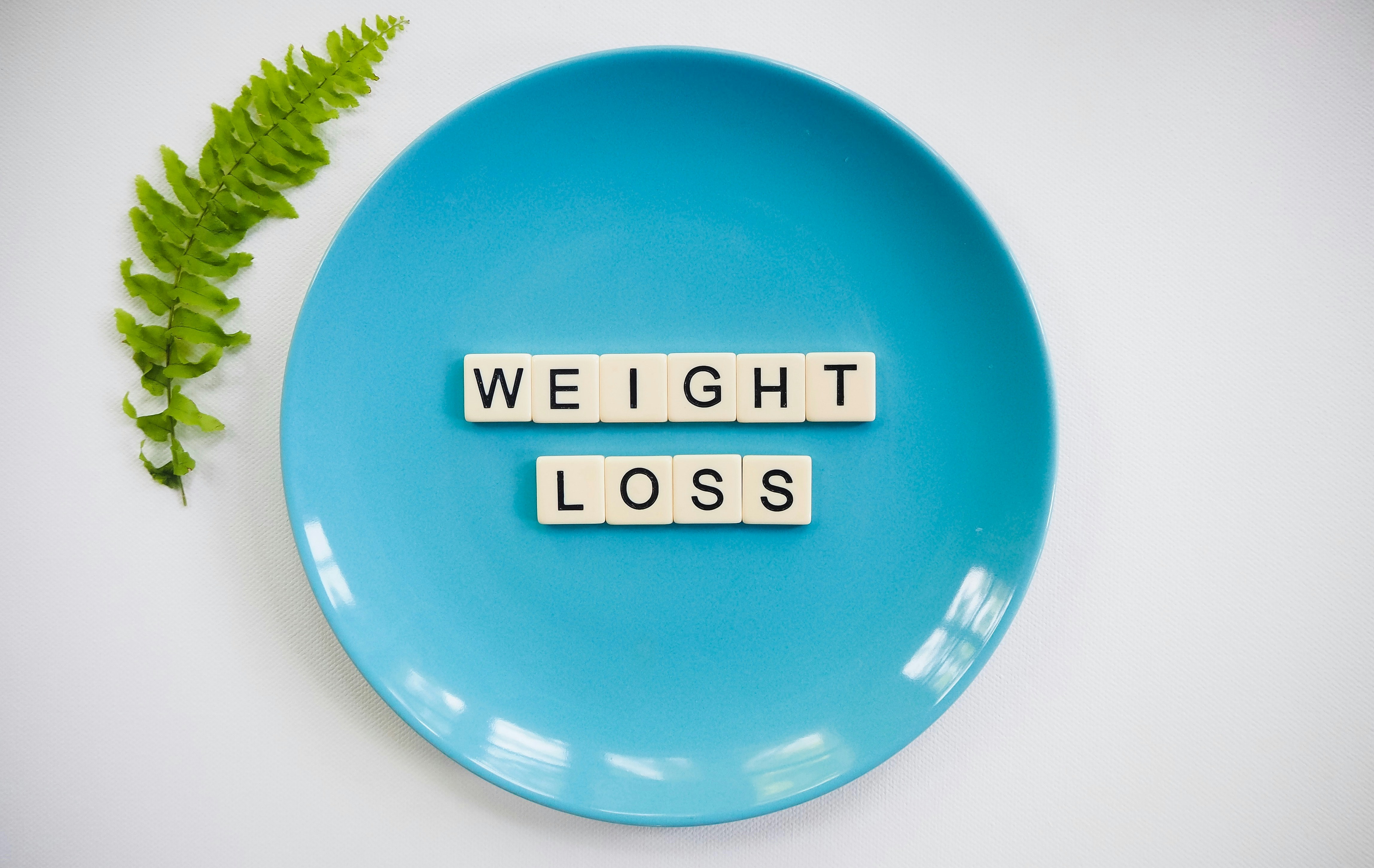Numerous studies provide new insights into the impact of weight on the health of people on dialysis and those who have received a kidney transplant. This article explains the relationship between BMI and health during dialysis.
The BMI is an internationally recognized measurement that relates body weight to height. But what does this value really mean, and how can it help you better understand your health? This article explains its significance.
Your body mass index (=BMI) is more than just a number. It helps track your weight and provides insights into your overall health. This article explains the role of BMI in health and how the Mizu app can assist in monitoring it.
After kidney transplantation, maintaining a healthy weight is crucial for both your overall health and the function of your new kidney. Here, you’ll find practical tips and strategies to help you sustainably gain weight after your kidney transplant.
If you are on dialysis, being underweight poses a serious health risk. In this article, we have compiled 11 practical tips and tricks to help you sustainably gain weight.
Gaining weight is not easy – this also applies to people with chronic kidney disease. In this article, we provide you with practical tips and tricks to help you sustainably build a healthy weight.
Managing weight after kidney transplantation can be a real challenge for many people. In this article, you'll find 10 practical tips and tricks to help you gain better long-term control over your weight.
Long-term weight changes play a crucial role in health during dialysis. In this article, we provide 10 tips and strategies to help you effectively manage your weight.
A healthy weight is not only essential for your overall well-being but also helps prevent numerous chronic diseases. Here are 10 practical tips to help you manage your weight effectively.
Have you ever wondered why many people with kidney disease are told to watch their weight? Here's the basic info on calories, üoverweight and underweight in kidney disease.
















